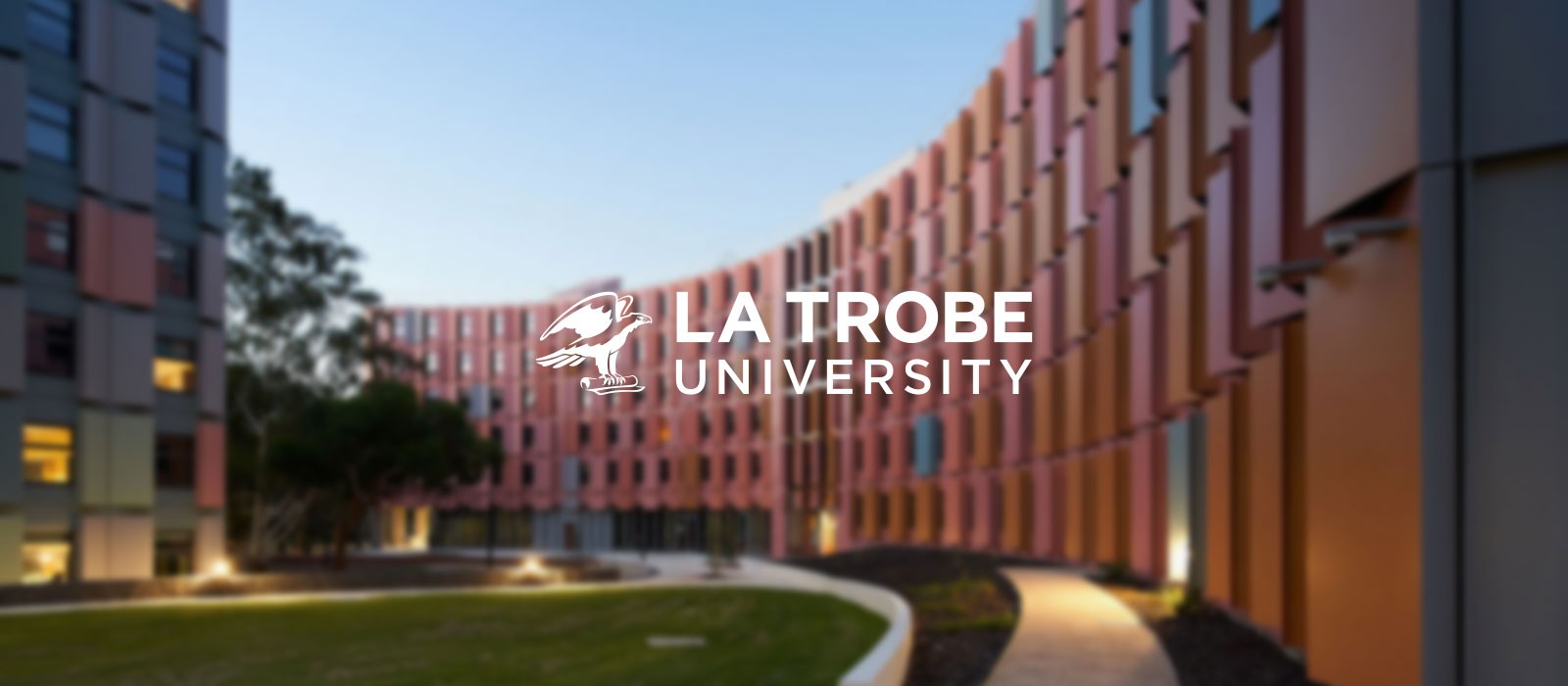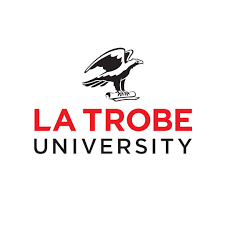
BACHELOR OF LAWS (HONOURS)/BACHELOR OF ARTS


OEVRVIEW
Duration
5 YEARS FULL-TIME
5 YEARS FULL-TIME
Scholarship
YES
YES
Fee
A$40 600 PER 120 CREDIT POINTS.
A$40 600 PER 120 CREDIT POINTS.
Intake
SEMESTER 1 (MARCH 2025), SEMESTER 2 (JULY 2025)
SEMESTER 1 (MARCH 2025), SEMESTER 2 (JULY 2025)
- About the Bachelor of Laws (Honours)/Bachelor of Arts
- La Trobe's Bachelor of Laws (Honours)/Bachelor of Arts lets you enrich your legal education by pursuing your interests and passions. Open doors to a diverse range of rewarding careers, while exploring how to make a difference in your community.
- Learn the fundamentals of criminal, constitutional, property and company law. Explore the legal system and understand how it can be used as a powerful and positive force in society. Develop key skills in advocacy, negotiation and dispute resolution.
- You'll also choose from our list of arts majors and explore your area of interest. Broaden your knowledge and experience by studying areas like politics, languages, sociology, history, philosophy and media studies. Learn how to communicate effectively and think critically, analytically and creatively.
- You can also choose to complete law electives that complement your arts specialisation. For example, a politics major can be matched with related subjects like public international law and human rights law. While a language or philosophy major could be augmented by subjects in areas like Indigenous Australians and the law, intellectual property law or family, society and law.
- Enhance your classroom learning by taking advantage of optional internships, work experience, and our study abroad program*. Gain hands-on experience working with community legal centres, law firms and government agencies. Find out what it takes to interview clients, prepare legal advice and work with senior lawyers to develop legal solutions.
Inquire Now
ENTRY REQUIREMENT
- International entry requirement
- Nepal: 90%
- Subject prerequisites
- Units 3 and 4: a study score of at least 30 in English (EAL) or at least 25 in English other than EAL.
- English language requirement
- 6.5 IELTS (Academic) with no individual band less than 6.0.
COURSE AND CAREER OUTCOMES
- Bachelor of Laws (Honours)/Bachelor of Arts intended learning outcomes
- Demonstrate appropriate understanding and competence in the prescribed areas of knowledge required for admission into the legal practice in Victoria, Australia.
- Develop creative, critical and analytical skills to address problems in a range of social and cultural contexts.
- Demonstrate high-level, ethical, professional and culturally aware communication skills.
- Design and conduct independent and collaborative research into complex problems relating to social issues, considering ethical implications and multiple perspectives.
- Navigate, critically assess and strategically utilise information from both physical and digital sources.
- Demonstrate broad knowledge of Australian legal systems, institutions and procedures, including fundamental legal principles and concepts, substantive areas of law and international and comparative contexts.
- Demonstrate analytical and practical skills in identifying legal issues, applying legal doctrine and solving legal problems using innovative and creative thought.
- Effectively and cogently communicate legal research, knowledge and analysis orally and in writing to a variety of audiences both legal and non-legal.
- Demonstrate a capacity to reflect on their own learning approaches, work independently, manage and foster personal and professional development, and collaborate effectively in a team environment.
- Demonstrate an ability to study and research using appropriate technology and discerning judgment, identifying, consolidating and critically analysing relevant legal sources.
- Recognise and reflect on lawyers' professional and ethical responsibilities and the importance of integrity and service in legal analysis and practice.
- Demonstrate a critical awareness of the historical, social, economic and cultural contexts and implications of laws and the role of lawyers in promoting justice and equity.
- Apply systematic, detailed knowledge and understanding of at least one discipline or interdisciplinary area in the Humanities and Social Sciences.
- Bachelor of Laws (Honours)/Bachelor of Arts career opportunities
- Studying law in combination with arts can lead to a range of careers in the public or private sector.
- Your career options include:
- Barrister/solicitor
- Interview clients and represent them in court. Prepare cases by conducting investigations, undertaking research, and arranging witness preparation.
- Human rights lawyer
- Provide legal counsel to victims of human rights violations.
- Diplomat
- Maintain international relations and negotiate agreements regarding peace and war, trade and economics, culture, the environment, and human rights.
FEES AND SCHOLARSHIPS
- Estimated course fees for international students
- Estimated fees per year (2025):
- A$40 600 per 120 credit points.
- Note: 120 credit points represents full-time study for one year.
- International scholarships
- Destination Australia – an Australian Government initiative
- The Destination Australia scheme supports new international students to study in regional Australia and offers students a high-quality learning experience. For eligible applicants, these scholarships are worth up to A$15 000 per annum for up to four years.
Popular Courses
Start your journey with landmark today!
Find your perfect course
Answer a few questions and
our course matcher will do the rest
Head Office
Level 5, IT Plaza
Kamaladi, Kathmandu
Tel: +977 14542781, 9845566225
E-mail: info@landmarkedu.com
Kamaladi, Kathmandu
Tel: +977 14542781, 9845566225
E-mail: info@landmarkedu.com
Sydney office
Level 2/552 Princess Highway,
Rockdale, NSW 2216,
Tel: +61 415 122 814
Rockdale, NSW 2216,
Tel: +61 415 122 814
Branch office
Sahidchowk, Chitwan
Tel: 056-590825
Tel: 056-590825
Mahendrachowk, Biratnagar
Tel: 021-590828
Tel: 021-590828
Level 2, Milanchowk, Butwal, Rupandehi
Tel: 977-71-591694
Tel: 977-71-591694
© Landmark Education. All rights reserved.


